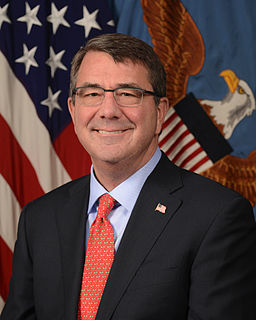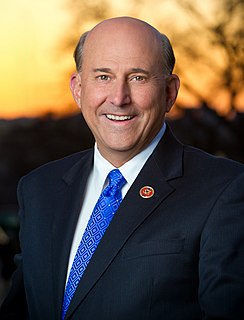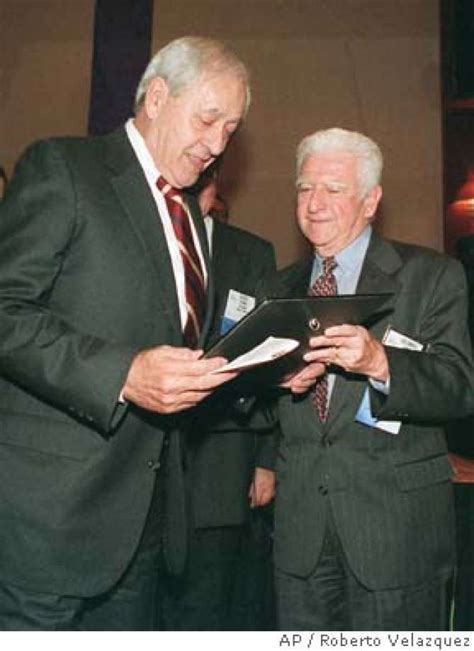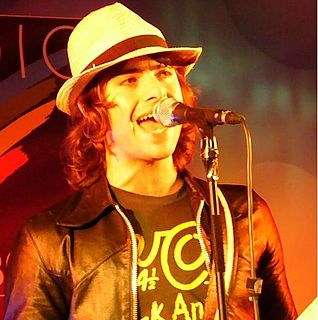A Quote by Edward Zwick
Those of my generation who grew up in the midst of the Cold War had a very, very strong awareness and very much were sort of influenced by the demonization of the Soviet Union, whether that was through the Cuban Missile Crisis or duck-and-cover, or any of those things that so affected us then.
Related Quotes
NASA was invented as a response to Cold War steps. There are those who presumed that we went to the moon because we're explorers. We went to the moon because we were at war with the Soviet Union. And so when it became clear that they (Soviet Union) were not going to the moon, we're done with the moon.
The thing that impressed me then as now about New York… was the sharp, and at the same time immense, contrast it showed between the dull and the shrewd, the strong and the weak, the rich and the poor, the wise and the ignorant… the strong, or those who ultimately dominated, were so very strong, and the weak so very, very weak - and so very, very many.
This was the first time we had two ex-Soviet Cosmonauts in Houston. A lot of us, including me, viewed it with some skepticism, because I grew up during the Cold War, so I had been hit with all this propaganda all along that their stuff wasn't that good, it wasn't that safe and we were so much better. What I found out later was that their space stuff was very good and good enough that I was certainly comfortable flying on their equipment. So, it was kind of a revelation of sorts as the years went by and I think it underscores the importance right now of international cooperation.
I definitely care about what's happening in our country. I grew up in a family that was very liberal and had very strong opinions about liberal ideas. I was around those thoughts and had conversations about those things and did the best I could to absorb what was happening around me and have my own opinion about it.
As I came through medical school, it was very exciting because physicians were reaching out to each other, between the U.S. and the Soviet Union, and sort of helping to build bridges among, you know, people, people who were not allowing our government to pit us against each other and to actually take us to the brink of nuclear war. And Physicians for Social Responsibility wound up getting a Peace Prize, a Nobel Peace Prize, which they shared with International Physicians for the Prevention of Nuclear War.






































